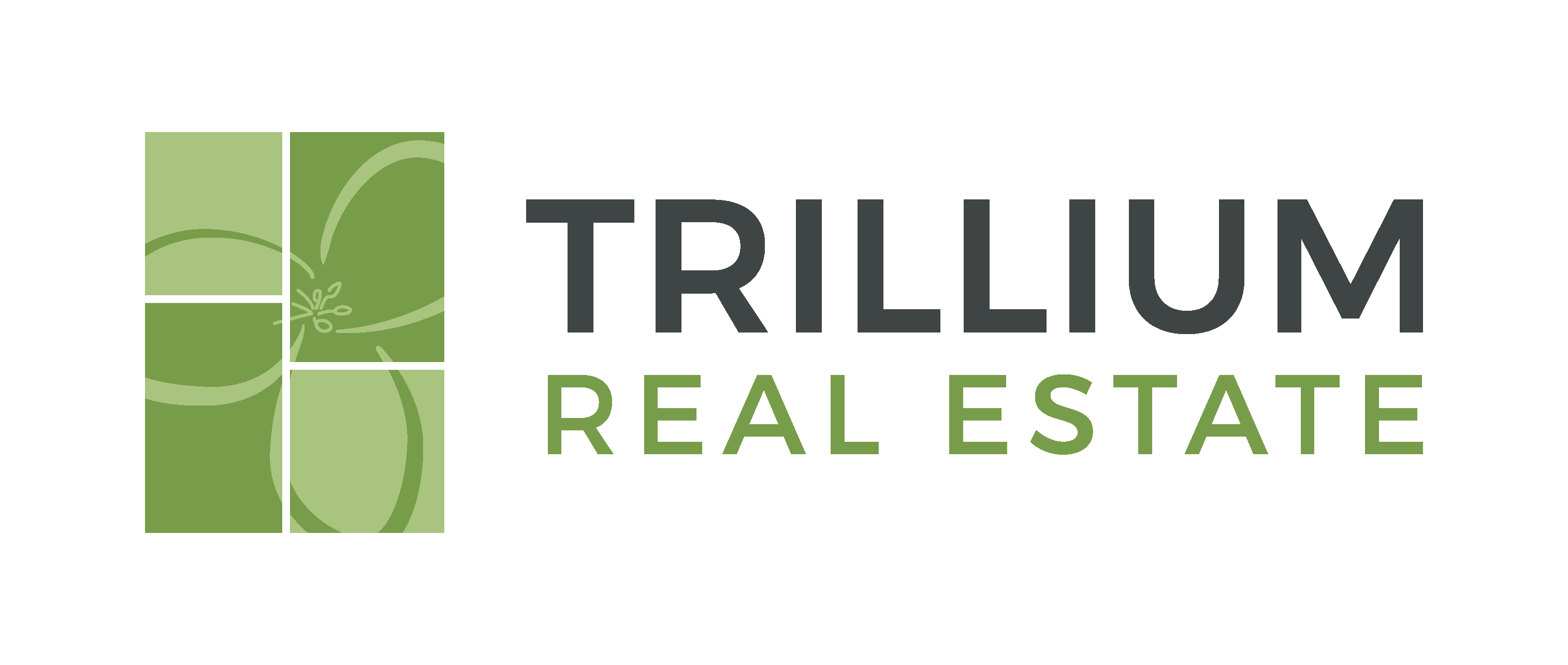Pricing Your Ann Arbor Home Right in Spring 2025: What You Need to Know
Spring is one of the busiest seasons for home sales here in Ann Arbor, and if you’re considering putting your house on the market, you’re in good company. With all the excitement that comes with the season, a key question many sellers grapple with is: How do I price my home right?
The right price can truly make or break your sale. If you set it too high, you risk scaring off potential buyers. If you go too low, you might leave money on the table. Let’s break down how to find that sweet spot—where your home sells quickly and for a price that makes sense.
Understanding the Current Market in Ann Arbor
First things first: What’s happening in the housing market this spring in Ann Arbor? Interest rates are still a significant factor. While they’ve eased a bit from last year’s peaks, they’re not exactly at rock bottom. Buyers are cautious but still actively searching. In fact, many are eager to lock in a purchase before rates shift again.
Inventory levels in Ann Arbor are also crucial. As of early 2025, the inventory has remained relatively low, particularly in desirable neighborhoods like Burns Park and the Old West Side. In these areas, homes are selling quickly, often within days. If you’re in a neighborhood where listings are scarce, you could have an advantage. But if there’s a surge in available properties, competitive pricing becomes even more critical.
This spring, there’s another economic factor weighing on everyone’s minds: tariffs. For homeowners, buyers, and real estate professionals alike, understanding how tariffs, inflation, and mortgage rates interconnect is more important than ever. As costs rise, buyers may be more selective, making it vital to price your home strategically.
The Role of Seasonality in Ann Arbor
Spring isn’t just a popular time for buyers—it’s also when many sellers enter the market. Homes typically show better with blooming flowers and inviting weather, meaning you’ll face more competition. To stand out, pricing your home correctly from the start is essential.
Remember, buyers tend to be more emotionally driven in spring, often envisioning their future summers in a new home. You can leverage this by ensuring your property is in its best condition for showings. Simple curb appeal enhancements, like fresh mulch or potted flowers, can go a long way in attracting interest.
Get a Comparative Market Analysis (CMA)
A Comparative Market Analysis, or CMA, is one of the most effective tools for determining your home’s value. We’ll examine recent sales of similar homes in your Ann Arbor neighborhood to see how your property stacks up, taking into account factors like square footage, condition, age, and any upgrades.
Keep in mind that homes sold six months ago may not accurately reflect today’s market conditions. Spring brings new buyers and sometimes shifts in demand. Ensure your agent pulls real-time data to provide an accurate CMA. If you’re looking for the latest market stats, just reach out for assistance.
Think Like a Buyer
This can be a tough mental shift, but it’s crucial to see your home through a buyer’s eyes. You might adore that custom kitchen backsplash or the cozy reading nook you built, but will potential buyers value those features as much as you do?
Buyers often compare multiple properties, and they’re on the lookout for value. If a similar house down the street recently got a modern bathroom remodel and yours hasn’t, it might make sense to price yours slightly lower to attract attention.
Don’t Overprice “Just to See”
It’s tempting to aim high and hope buyers will negotiate down. But the truth is, overpriced homes tend to linger on the market. The longer your home sits unsold, the more buyers start to wonder what’s wrong.
If you’re not getting interest within the first couple of weeks, it might be time to reassess your price. We can keep an eye on feedback from showings and look for patterns—if buyers love the layout but hesitate at the price, that’s a clear signal.
Factor in Your Goals
What are you hoping for—a fast sale so you can move into your next home, or are you willing to wait for the highest possible offer? Your pricing strategy can reflect these priorities.
If speed is your main concern, pricing slightly below market value could generate more interest and possibly spark a bidding war. Conversely, if you’re not in a rush, you might have the flexibility to price higher and negotiate later.
Consider Recent Upgrades and Repairs
If you’ve recently renovated your kitchen, added a deck, or updated the roof, these improvements can enhance your home’s value. However, keep in mind that not every upgrade translates to a dollar-for-dollar increase. Typically, upgrades like kitchens and bathrooms yield higher returns than others. Make sure your agent considers these factors in your pricing strategy.
On the flip side, if your home has outdated features or needs repairs, buyers might expect a lower price. Taking care of minor repairs and touch-ups before listing can help prevent lowball offers.
Monitor Neighborhood Trends
Stay aware of what’s happening in your neighborhood. Are homes selling quickly? Are there multiple offers? Or are properties sitting on the market with price reductions?
Your agent can help you analyze these trends and determine whether it’s best to price your home on the higher or lower end of your range. Staying informed will give you a better grasp of the market dynamics at play.
Be Prepared to Negotiate
Stay calm, be flexible, and collaborate with your agent to find common ground. A well-negotiated sale can benefit both sides, so keeping lines of communication open is key.
Stay Flexible
Even with thorough planning, the market can change. Perhaps a competing home in your neighborhood drops its price, or buyer demand suddenly increases. Be open to adjusting your price if necessary.
Your agent will be your best resource for monitoring market trends and advising you on any adjustments that could help your home sell more quickly.
Final Thoughts
Pricing your home isn’t an exact science, but it doesn’t have to be a guessing game either. By understanding market conditions, thinking like a buyer, and working with a knowledgeable agent (like us), you can confidently set a price that works for you.
If you’re ready to take the next step, reach out for a personalized pricing strategy tailored to your home and your goals.
Thinking about selling your home?
Get in touch. We'll guide you through every step of the process to ensure a smooth transaction that meets your goals.



